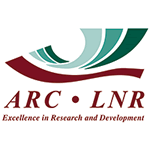South Africa is celebrating the National Women’s Month, the role that the women have played during the years. The Agricultural Research Council (ARC) is also celebrating the women in agriculture and science and the role that they play in food security. Women continue to play the leading role in agricultural space. The ARC has developmental programmes such as Professional Development Programmes.
Petronella Chaminuka (PhD)
Dr P Chaminuka is the Senior Manager and Principal Economist in the Economic Analysis Unit of the Agricultural Research Council (ARC). She holds a PhD from the Environmental Economics and Natural Resource Economics Group of Wageningen University & Research (WUR) in the Netherlands and an MSc in Agricultural Economics from the University of Zimbabwe.
Her PhD research focussed on economic modelling of land use options for rural communities living at the border of Kruger National Park. She estimated economic losses associated with wildlife/livestock interactions for livestock farmers and explored the potential for integrated wildlife/livestock land uses.
Dr Chaminuka was awarded research grants by the International Foundation for Science (Sweden) and Wildlife Conservation Society (USA). She has taken numerous career-building short courses including Leadership Development, Gender Integrated Planning, Multi-stakeholder processes of rural Innovation, Interactive Learning Competency for Rural Innovation and Veterinary Extension Communication.
She has more than 20 years’ international experience working as an academic, researcher and facilitator in rural development processes. Before joining the ARC, Dr Chaminuka was a senior lecturer in Agricultural Economics at the University of Limpopo and an associate of the International Centre for development oriented Research in Agriculture (ICRA).
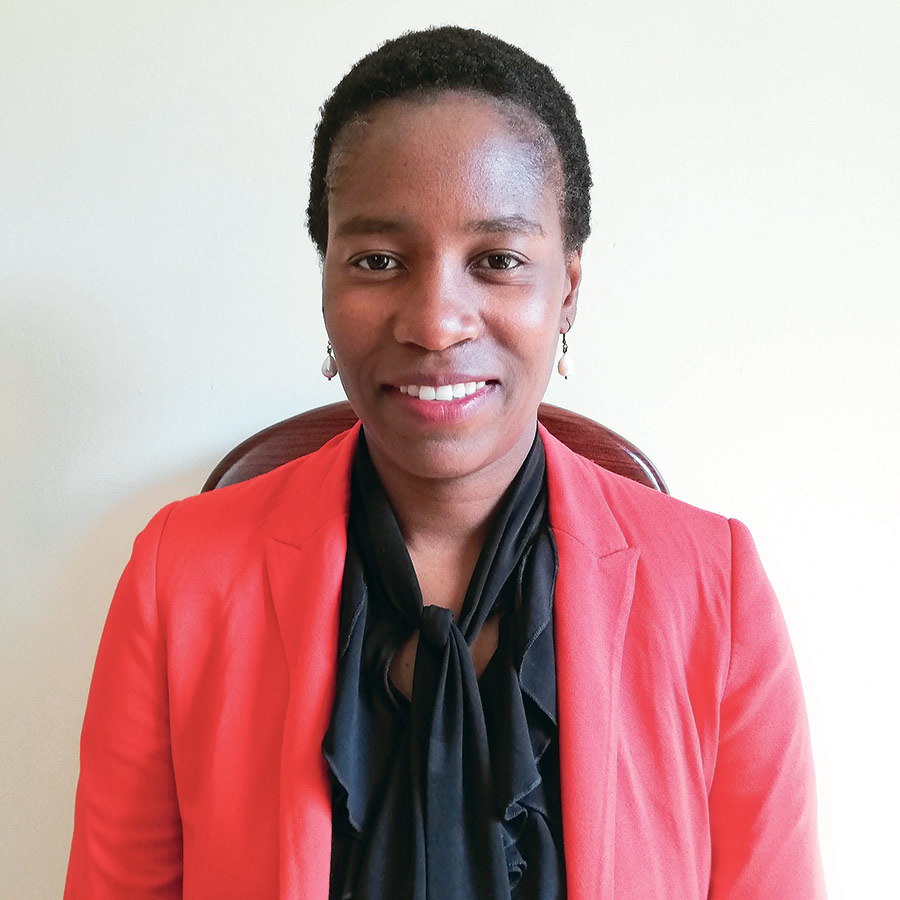
Petronella Chaminuka (PhD)
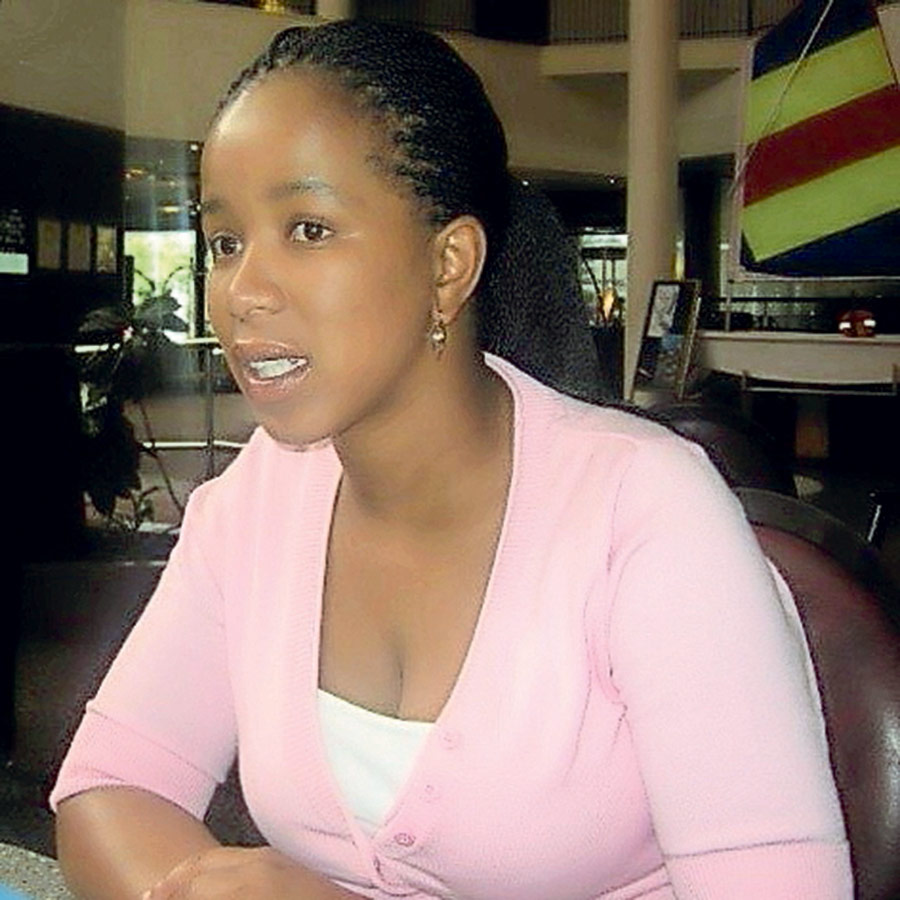
Dr Salmina Mokgehle (PhD)
Dr Salmina Mokgehle (PhD)
Dr Salmina Mokgehle grew up in Limpopo, South Africa. She received her PhD from the University of KwaZulu-Natal. Dr Mokgehle is a researcher at the Agricultural Research Council – Vegetable and Ornamental Plants (ARC-VOP).
Her research focuses on water management, phytochemical profiling of medicinal plants, essential oils analysis and nutritional water productivity of indigenous leafy vegetables. Indigenous leafy vegetables and medicinal plants play an important part in alleviating hunger, malnutrition and major systems of indigenous medicine to treat several common ailments. The research has implications for indigenous plants production and conservation, especially for endangered indigenous species.
Dr Mokgehle’s research can help explain the significance of medicinal plants in drug development, promote indigenous knowledge and adoption of the plants due to high micronutrients including iron, zinc, vitamins A and C.
Dr Mokgehle shared her research findings with several scientific communities, published in peer-reviewed journals, is contributing in training postgraduate students and received best presentation award at the 5th International Conference on Agriculture and horticulture and the 10th African Crop Science Society (ACSS).
Dr Ashira Roopnarain (PhD)
Dr Ashira Roopnarain is presently a researcher and acting head of the Microbiology and Environmental Biotechnology Research Group at the Agricultural Research Council – Soil, Climate and Water (ARC-SCW).
She obtained her PhD in Molecular and Cell Biology from the University of the Witwatersrand in 2014, focussing on biodiesel production from microalgae. She continued working in the field of bioenergy generation during a postdoctoral fellowship at ARC-SCW under the mentorship of Prof Rasheed Adeleke.
During her tenure as a postdoctoral, Dr Roopnarain gained expertise in various research areas including soil beneficial microbes, waste to energy research and biofertilizer research, and made a significant contribution to the establishment of a biogas research laboratory at ARC-SCW. She is currently involved in the management and upkeep of the laboratory, supervising postgraduate students and conducting research projects.
Dr Roopnarain has published scientific articles in international, peer-reviewed journals as well as chapters in books and has presented her research at national and international conferences. She is the recipient of several awards/achievements: Carnegie Women’s Scholarship for Undergraduate Studies (2005), Member of the Golden Key International Honour Society (2005-present), National Research Foundation (NRF) Scholarship (MSc & PhD) (2009-2012), University of the Witwatersrand Postgraduate Merit Award (2010-2013) and NRF Scarce Skills Postdoctoral Fellowship (2015-2017).
Dr Roopnarain aspires to excel in her career as a researcher and to conduct research that will result in environmental remediation, upliftment of communities as well as food and energy security.
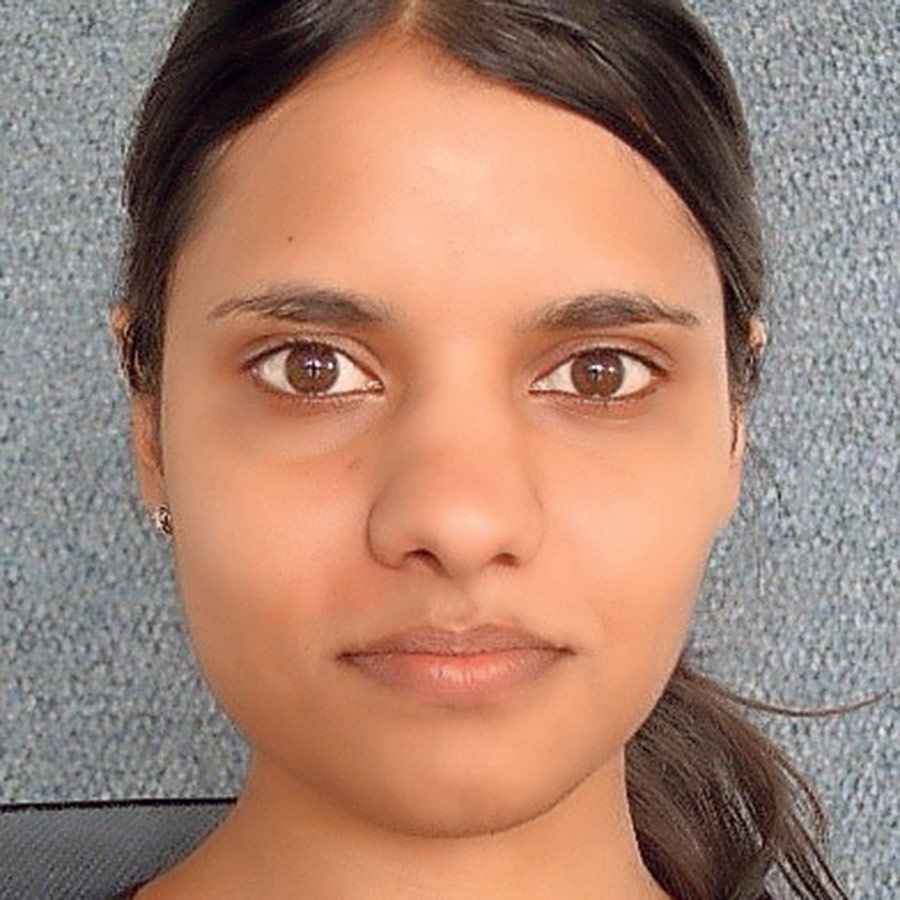
Dr Ashira Roopnarain (PhD)
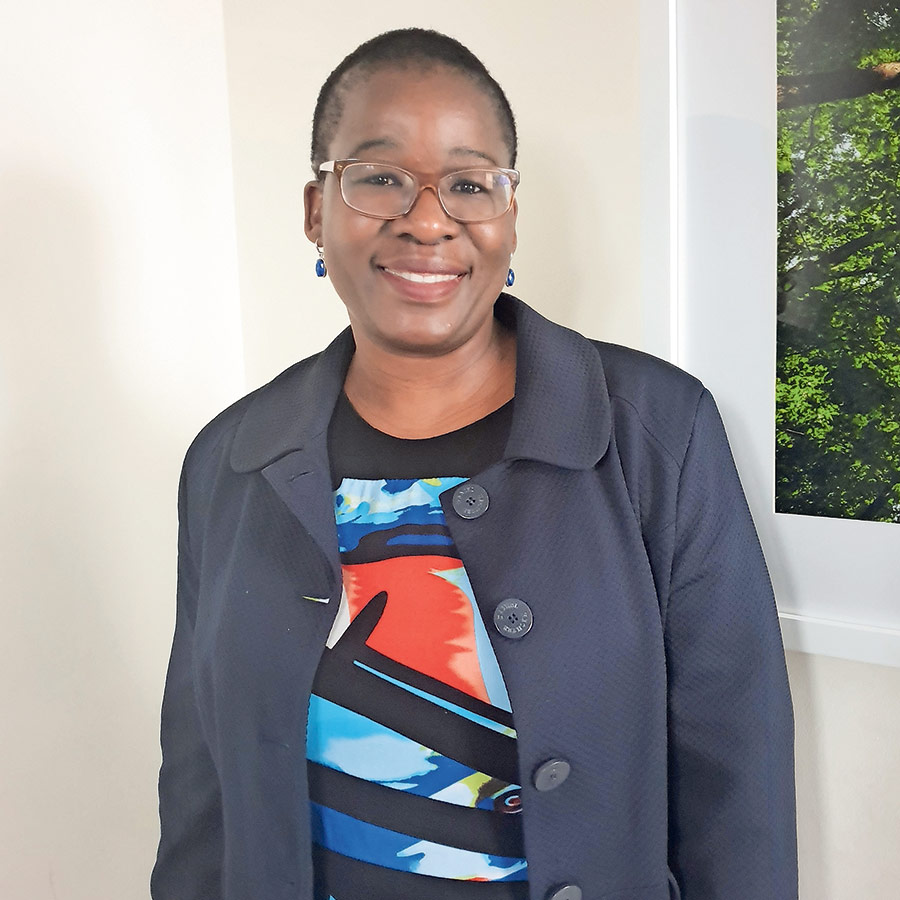
Dr Farai Muchadeyi (PhD)
Dr Farai Muchadeyi (PhD)
Dr Farai Muchadeyi is the Senior Manager: Research for the Biotechnology Platform of the Agricultural Research Council, South Africa. She holds a PhD in Animal and Molecular Genetics from Goettingen University, Germany.
Dr Muchadeyi’s research interests are in the characterization, sustainable utilization and conservation of livestock genetic resources. She has worked on Animal Genetic diversity and characterization of indigenous animal genetic resources since 2004 and has published over 50 peer-reviewed articles in this field.
Her current research involves the application of genomics and population genetic tools in unravelling the genetic diversity and identifying adaptive features associated with livestock species from marginalized farming environments. She is passionate about investigating how genetic adaptation can be harnessed in mainstream commercial agriculture. Her other projects involve the identification of the causal mutations of genetic disorders and the inclusion of molecular genetic marker information in selection programs. She also heads the Animal Genetics and Genomics research group at the Biotechnology Platform (ARC) managing various projects on livestock and wildlife genomics. She has mentored and supervised to completion 7 PhDs, 8 MScs and 1 BTec. She is currently a supervisor and mentor to 1 PostDoc, 8 PhDs and 2 MSc students who are training in advanced and statistical genomics relevant to the livestock industry of the smallholder and commercial farming sectors.
Kgabo Martha Pofu (PhD)
Dr Pofu is a Researcher at ARC-Vegetable and Ornamental Plants, born in Moletjie Moshate Sefateng sa ga-Maseba, Limpopo Province and matriculated at Mmakgabo Senior Secondary School. She completed a B Agricultural Management and B Agric Mgt Honours degree in Plant Production in 2002 and 2003, respectively, at the University of the North. She then entered the Agricultural Research Council under the Professional Development Program (PDP) where she completed her Master of Agricultural Management in 2008 and PhD in 2012.
Dr Pofu completed her PhD at the University of Limpopo, where she used Cucumis africanus and Cucumis myriocarpus to illustrate that these indigenous plants to South Africa were resistant to the widely distributed and highly injurious Meloidogyne species in South Africa. The ultimate aim was to use the two plant species as nematode-resistant rootstocks in watermelon (Citrullus lanatus) production since watermelon cultivars have no genotypes that are resistant to Meloidogyne species.
She joined the ARC-Vegetable and Ornamental Plants as a researcher (Plant nematologist) in 2013. Her research focus is towards the use of nematode-plant resistance since the area has gained increased interest as one of the nematode control intervention strategies upon the global withdrawal of fumigant synthetic nematicides in 2005.
Furthermore, she is engaged in community development projects through raising awareness of the damage caused by plant-parasitic nematodes in crop production through farmer workshops. She released the first report on the screening of sweet potato cultivars in South Africa, published in Acta Agriculturae Scandinavica-Soil and Plant science (Pofu et al., 2017).
The ARC wants to comment on the role that women are playing in the agricultural space and want to encourage more women to follow careers in agricultural and science. Young women are encouraged to apply for development programmes in the ARC to develop and further their studies. As we celebrate Women’s Month, it is through platforms like the development programme that we can empower women and conquer poverty through science.
About the Agricultural Research Council
The Agricultural Research Council is a premier science institution with a national footprint that conducts research with partners, develops human capital and fosters innovation in support of the agricultural sector. The ARC provides diagnostic, laboratory, analytical, agricultural engineering services, post-harvest technology development, agrochemical evaluation, consultation and advisory services, food processing technology services as well as various surveys and training interventions. For more information, visit the ARC website at www.arc.agric.za or call (012) 427 9770 or download the ARC Hub App at archub.agric.za, also available on Android and IOS.
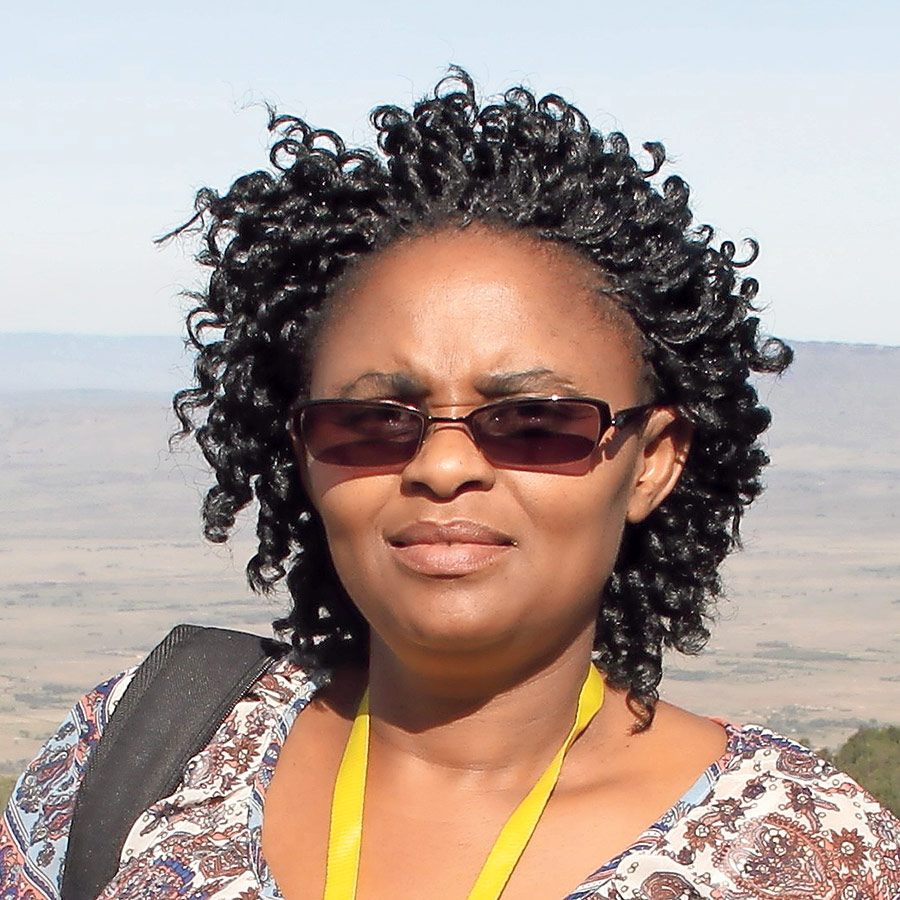
Kgabo Martha Pofu (PhD)

